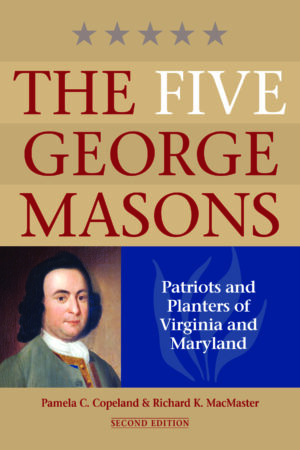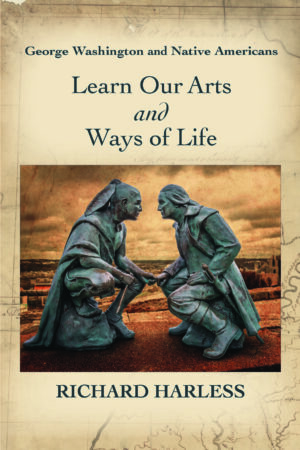The Silent Prologue: How Judicial Philosophies Shape Our Constitutional Rights
ISBN 9781942695202 | Paper | $25.00 April 2020 Buy from Amazon, or from your favorite independent bookseller. George Mason University Press titles are distributed by the University of Virginia Press.
Description
“The Silent Prologue is the rare book about the law that belongs both in the first-year law school classroom and on the bookshelf of the veteran legal theorist. In the clarity of its prose and the approachability of its carefully chosen examples, Raban’s book presents an appealing and accessible overview of the role of interpretive philosophy in our system of constitutional law. …The Silent Prologue has something valuable to say to the legal novice, the experienced jurist, and anyone else with a stake in our experiment with constitutional democracy.”
—Christopher J. Peters, Dean and C. Blake McDowell, Jr. Professor of Law
The University of Akron School of Law
“The Silent Prologue is an admirably clear, well-written, and
engaging book about the relationship between jurisprudence, legal
interpretation, and just outcomes in constitutional cases.”
—Bruce Peabody, Professor of Political Science Fairleigh Dickinson University
“In this original and intriguing new book, Raban explores this doctrinal
question by showing how competing judicial philosophies bear on it. …The discussion is unusually lucid, accessible, and engaging. Raban writes in simple, unpretentious prose and uses fresh, less well-known cases to great effect, making complex constitutional doctrine, abstract philosophical claims, and the relations among them come to life. …Students new to the subject and seasoned specialists alike have much to learn from it.”
—Nicos Stavropoulos, Faculty of Law, University of Oxford
The U.S. Constitution contains a series of rights and liberties operating as restrictions on the powers of government, and courts have the final authority to determine what these often nebulous restrictions require. But judges are deeply divided over the correct methodology to follow in making these determinations: different judges employ different judicial philosophies—and may consequently reach different constitutional results. Understanding these methodological disagreements is therefore crucial for anyone wishing to attain a full understanding of our constitutional law, or to appraise the legitimacy of our institutional arrangements—especially that of judicial review. In The Silent Prologue, Ofer Raban provides an engaging examination of the interpretive theories judges use to reach their verdicts. Using key case histories as illustration, Raban illuminates the rationales and assumptions behind competing judicial philosophies that have far-reaching implications for the rights of American citizens.
About the Author:
Ofer Raban is Professor of Law at the University of Oregon and author of Modern Legal theory and Judicial Impartiality. He holds a law degree from Harvard University and a doctorate in legal philosophy from Oxford University.





